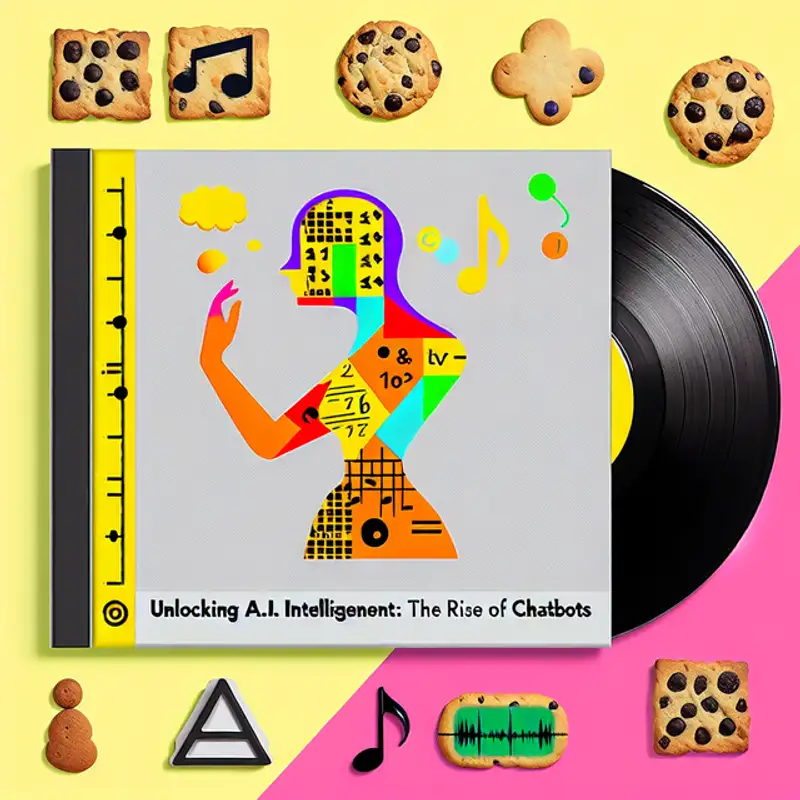 Episode
Episode
· 02:35
Artificial intelligence is getting smarter—well, sort of. The latest advancements in chatbot technology, driven by companies like OpenAI, Google, Anthropic, and DeepSeek, involve a new concept: reasoning. Unlike previous A.I. models that generated responses instantly, the newest versions, like the upgraded ChatGPT, take extra time to think through problems—especially in areas like math, science, and coding. These systems use reinforcement learning, a trial-and-error-based method, to refine their decision-making, much like a student working through difficult math problems step-by-step. But does this actually mean they "think" like humans? Experts remain divided, acknowledging that while these advancements improve accuracy, they still make mistakes and likely have a long way to go before reaching anything resembling human intelligence.
What is reasoning in A.I.?
How does it work?
What kinds of problems do reasoning A.I. systems excel at?
Why is reasoning important now?
Does reinforcement learning mean A.I. is becoming truly intelligent?
As A.I. continues to evolve, the real question remains: Is this a breakthrough toward truly thinking machines, or just a clever way to make chatbots better at faking it?
Link to Article
Listen to jawbreaker.io using one of many popular podcasting apps or directories.